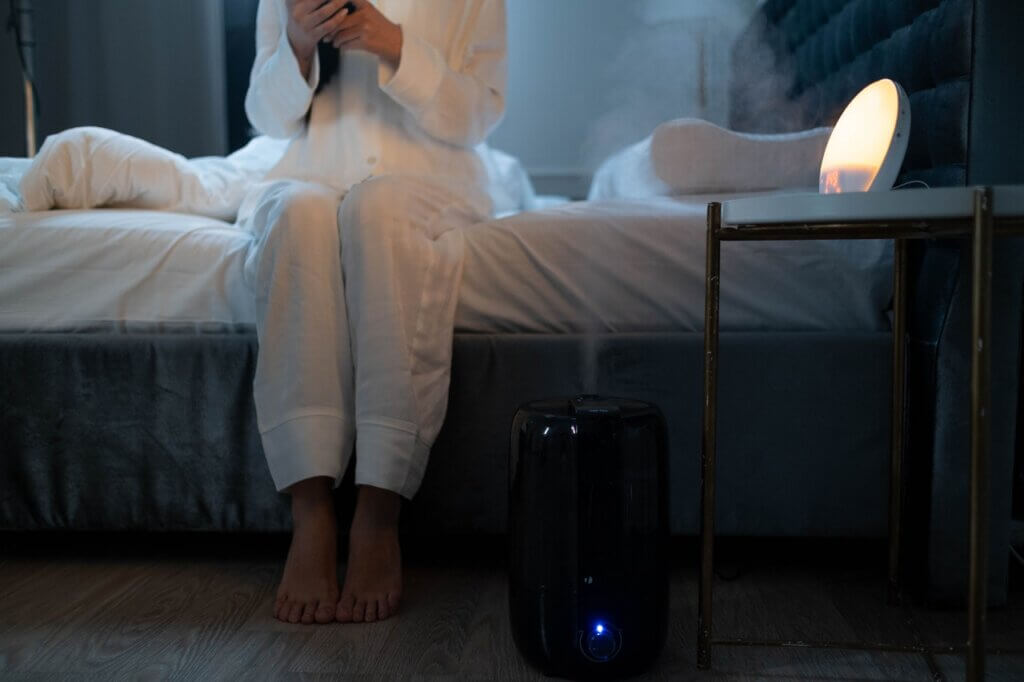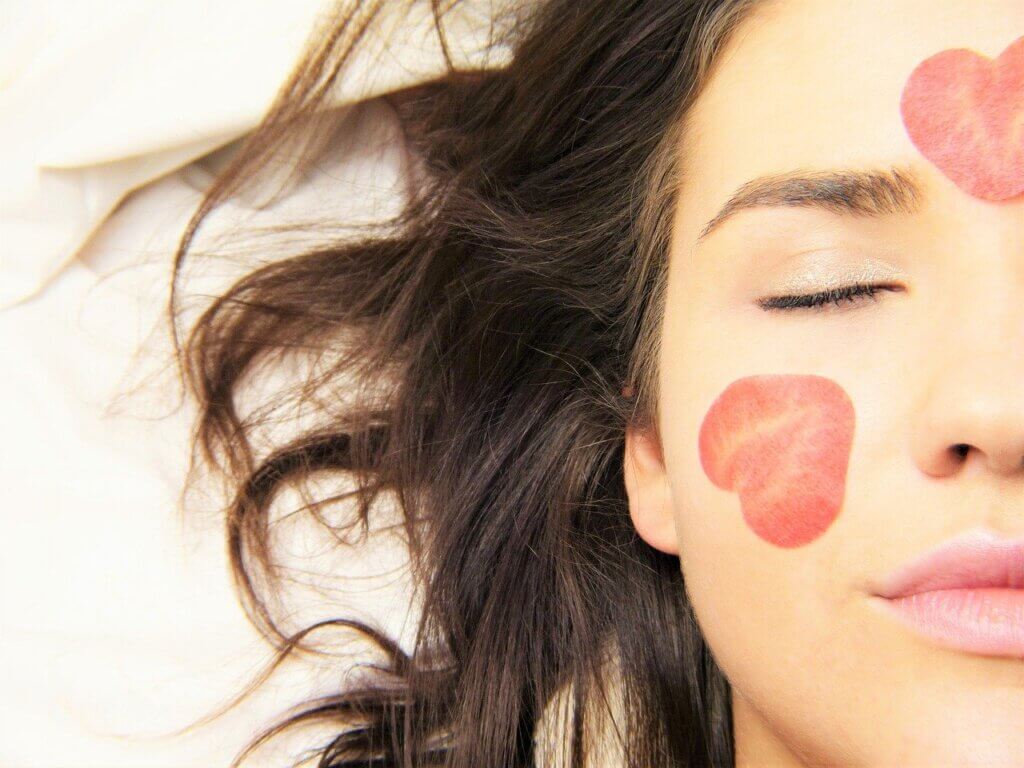Cold and blustery conditions typical of winter can leave your skin dry and itchy. Fortunately, there is a broad array of tips to which you can adhere to combat skin problems and freshen up during the cold season.
Drink Lots of Water
If you thought that dehydration is only associated with the dry months, then you ‘re wrong. Dehydration is not uncommon in the winter; you’ll rarely feel the urge to drink water because it’s generally cold, leaving your body and skin dry and crusty. To combat this risk, ensure to drink eight to ten glasses of water daily.
You can begin with one to two glasses of water in the morning, and subsequently, take another glass every hour. If you dislike plain water, there are viable alternatives, including flavored, coconut, and lemon waters, as well as non-caffeinated and non-sugary drinks. These alternatives to plain water will keep your skin fresh all day long.
Eat Highly Succulent Foods
In addition to consuming more water, ensure to eat loads of fruits and veggies. These foods have high water content and will keep you dehydrated throughout the day.
Apart from fulfilling your water needs, these foods also boast nutrients that nourish your skin and keep it fresh. Vegetables such as peas, onions, broccoli, and tomatoes have about 70-90 percent of water content.
Among the fruits, you can choose for hydration purposes include watermelon, papaya, peaches, grapes, and avocado.
Avoid Certain Foods
While it’s important to keep your body nourished and healthy by eating different types of foods, you will want to avoid certain foodstuffs that can harm your skin. Caffeinated products, for instance, will keep you alert but heighten your stress response mechanism. Incidentally, stress hormones tend to increase the amount of oil produced in the sebaceous glands, making your skin, especially the face, more prone to acne breakouts.
Refined grains and sugars, such as pasta and sodas, as well as dairy products can cause acne. Also, foods comprising large amounts of soy and corn oils may be rich in omega-3 fats, but they cause inflammation and may worsen acne.
Apply a Moisturizer
Do not be fooled by the gray winter climate. The UV rays still permeate the clouds even on darker and dreary winter days. Also, on brighter days, the snow may reflect the sun’s rays, increasing your risk of sunlight exposure. With that in mind, a moisturizer is a must-have product during the winter; it helps to trap moisture from the air to keep your skin moist and prevent excess dryness.
Consider applying a moisturizer to your skin several times a day, mainly after bathing. However, you need to understand your skin type because not all moisturizers will benefit you. There are about four major types of moisturizers, namely cream moisturizers, lotion moisturizers, oil moisturizers, and ointment moisturizers; you need to know which type is your perfect fit.
For instance, oil-free moisturizers, also known as non-comedogenic moisturizers, will work best for people who are acne-prone or those with oily skin. Ensure that you’re using the right moisturizer by talking to a skin expert. Ideally, you should apply the moisturizer right before you retire to bed.

Avoid Using Soaps on Your Face
You might be an ardent fan of soaps, given that they help rid your skin of germs and keep you clean. However, soap may be bad for your skin, and may even trigger itching and inflammation among other allergic reactions. Also, some soaps will dry your skin rather than moisturize it.
Only use soap on your legs, feet, groin area, and underarms. You can replace soap with a solution of lemon or honey, and gently wash your face with a soft towel.
Maintain the Appropriate Levels of Indoor Moisture
Winter is usually associated with dry air, which can trigger inflammation, irritation, and eczema among other skin conditions. Considering that there is low humidity in the air during the cold months, a humidifier will come in handy in maintaining the appropriate moisture levels. Simply put, a humidifier will keep the air moist and your skin hydrated when you’re indoors.
If you or your household members have allergies that seem to flare up during the winter, it is time to install a humidifier in your home to moisten the air and prevent itchy skin and the associated discomfort. Ensure to run a humidifier in your living room and bedroom among other areas in which you spend most of your time.
On the other hand, humidity might be high in your home even during the cold season, causing an outbreak of viruses and bacteria that cause skin problems. In such cases, invest in a dehumidifier to lower the level of your indoor humidity.
Take Lukewarm Showers
Your skin, like other body organs, responds to heat by getting inflamed. Although hot water may wash dust and germs away, the same liquid puts your skin microbiome under loads of stress. Also, your skin comprises oil and good bacteria that should never mix with hot water unless you want to trigger inflammation.
Hot water emulsifies, dissolves, and washes away the oils comprising your skin. Note these oils are responsible for protecting the skin and your internal body parts from external aggressors. Lack of these oils in the skin during the wintery months may cause excess dryness and sensitivity issues. This is probably why your skin has been itching after a hot shower.
On the other hand, taking a cold shower isn’t recommended as it doesn’t open up the pores, which otherwise aids in facilitating the perfect exchange of air and efficient removal of wastes.
This is where warm showers come in handy. The warm temperatures may help to boost your blood circulation, nourishing your skin and keeping it fresh and glowing even in the coldest months. With that said, it is now time to swap the hot and cold showers with warm ones.
Take Vitamin D Supplements
Vitamin D is essential to the growth, repair, and protection of your skin. This vitamin enhances your skin’s immune system and aids in the destruction of free radicals that damage the skin and cause premature aging. With that said, your daily exposure to sunshine during the hot month’s aids in the natural production of vitamin D.
Unfortunately, sufficient exposure to sunlight during the winter isn’t an option. You can counter this misfortune by taking vitamin D supplements daily during the wintery months, which will allow you to maintain the summer glow. Also, consider eating foods that are rich in vitamin D, such as egg yolks, red meat, liver, and oily fish.
Stay Active
Although there is nothing much to do when winter months arrive other than snuggling up under thick blankets in front of a fireplace, keeping active helps to boost your blood circulation significantly. Further, staying active increases your pulse rate, which plays an integral role in achieving a healthy glow.
You should, therefore, exercise regularly and play around the house with your family or pets. Walking or skating for an hour or so three times a week can also make your skin appear radiant.
Avoid Getting Too Cold
Winter is generally cold, thanks to the northern hemisphere slightly pointing away from the sun. This makes the sun rays have less of an impact on your skin, not to mention extreme snowfall. Ultimately, cold temperatures cause frostbite and trigger other skin disorders in some people.
Additionally, the cold temperature may interfere with your blood circulation and close your skin pores. This implies that your skin won’t be adequately supplied with nutrients, and sweat may not be disposed of properly. You will, therefore, want to wear warm clothes with multiple layers to protect yourself against cold temperatures during the winter.
Conclusion
With winter wreaking havoc and leaving the air dry, the above-discussed tips present an escape route to making your skin supple and fresh all season long. Your core duty during the winter involves keeping your skin hydrated, pores open, and blood circulation optimal.
If your skin is still dry or rough, consider consulting with your dermatologist. Your physician may check your skin and conduct a few tests to ascertain the cause and solution to your issues.













